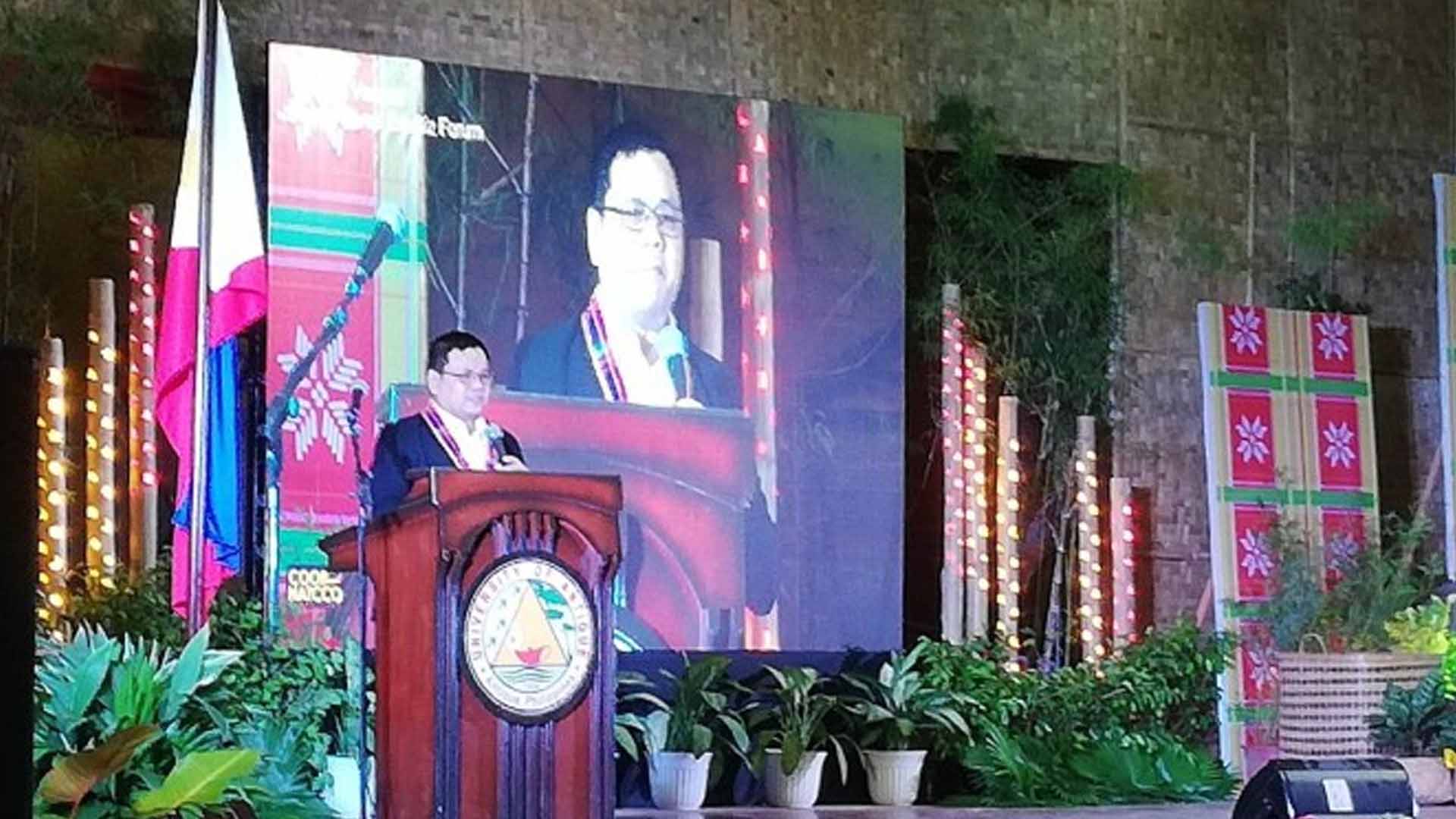Cooperatives in Western Visayas region are encouraged to innovate to remain strong and sustainable.
Cooperative-National Confederation of Cooperatives (Coop-NATCCO) Partylist Representative Felimon Espares made the call in his keynote address at the opening of the two-day Edubiz Forum that gathered over 500 cooperative stakeholders from Western Visayas at the University of Antique (UA) main campus in Sibalom town, Antique province on Thursday.
He said the theme of the forum, “Breaking Barriers through creating connections and integrating innovation for a stronger cooperative,” is timely since the event has provided a venue where participants can share their ideas on how to innovate and learn about government programs that are beneficial to them.
“The forum also intends to bring the NGA (non-government agencies) closer to the cooperatives,” he said.
The Department of the Interior and Local Government (DILG), National Economic and Development Authority (NEDA), Department of Trade and Industry (DTI), Department of Agriculture (DA), Philippine Coconut Authority (PCA), and the Technical Education and Skills Development Authority (TESDA) will be presenting their various programs on the second day of the forum on June 23.
There will also be a discussion of the best practices of cooperatives and how they could tap assistance from NGAs to become sustainable.
In his message, Espares also mentioned that “cooperatives had been a byword in every household already in Antique” with over 60 of them existing for over 50 years.
These cooperatives were formed by various sectors such as farmers and overseas Filipino workers and are engaged in projects including the provision of capital build-up and rice trading.
“In Antique, there are two large or billionaire cooperatives that are carrying the names of their towns, the Barbaza and Bugasong Multi-Purpose Cooperatives,” Espares said.
Cooperative Development Authority (CDA) chairperson Joseph Encabo, in his message, added that the officers and members should collectively work for innovation and put into action their plans to bring their cooperatives to a higher level.
“The board of cooperatives should initiate more programs so every individual (member) will be inspired to cooperate,” Encabo said. (PNA)




















